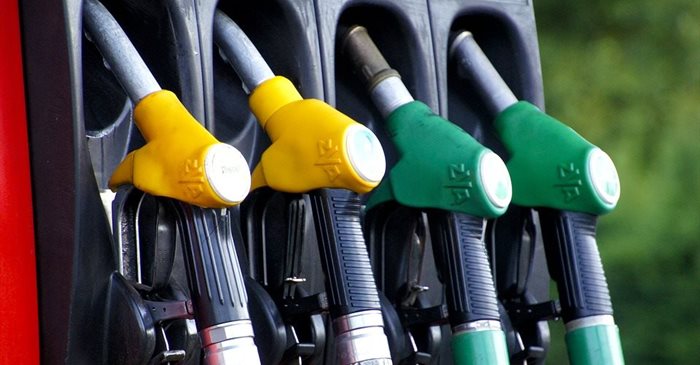Leaded petrol has been eliminated after the world's last remaining stocks were used up last month, the UN's Environment Programme (Unep) said on Monday, 30 August, after heading a 19-year campaign to end use of the poisonous substance that poses major health and environment risks.
Algeria, the only country still pumping leaded petrol into vehicles, exhausted its final stocks in July, Unep said.
Leaded petrol’s impact on health, environment
The agency said the petrol contaminates air, soil and drinking water and can cause heart disease, stroke and cancer. Some studies have shown it harms brain development, especially in children.
Unep worked with governments, businesses and civic groups to eradicate leaded petrol and said ending its use after a century marked a “huge milestone”.
"Leaded fuel illustrates, in a nutshell, the kind of mistakes humanity has been making at every level of our societies," Inger Anderson, Unep executive director, told journalists.
Those mistakes had driven climate change, pollution and a loss of biodiversity, she said, but the global response to lead in fuel shows that "humanity can learn from and fix mistakes that we've made".
Katie Parsons, Florence Halstead and Lisa Jones 30 Aug 2021 Taking action to eradicate leaded gasoline
Lead's toxicity has been recognised since Roman times. It nevertheless began being added to gasoline in the early 1920s to make cars more powerful, and from then on was used in all petrol globally until the 1970s when wealthier countries began phasing it out.
But in the early 2000s, 86 nations were still using leaded gasoline. The Unep-led campaign was formed to help them move away from the fuel including by driving investment and overcoming concerns around prices, Anderson said.
Unep warned, however, that the transport industry remained a driver of climate-warming emissions and 1.2 billion vehicles were set to hit the road in the coming decades.
Antonio Guterres, UN secretary-general, said the elimination of leaded gasoline showed what could be achieved via collaboration and called for similar initiatives towards emissions-free transport and tackling climate change.
"We must now turn the same commitment to... create a world of peace that works with nature, not against it," he said in a pre-recorded video.















